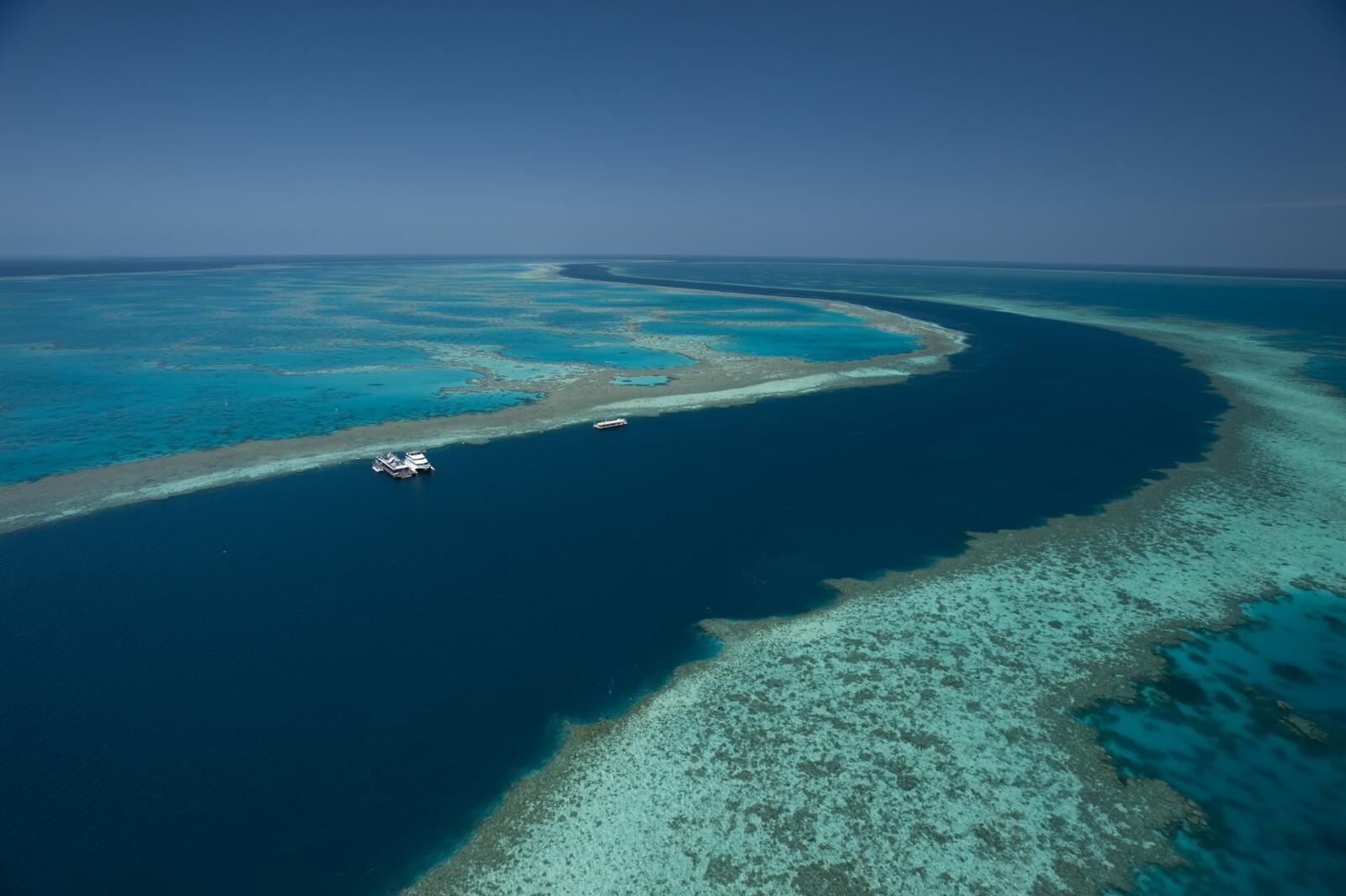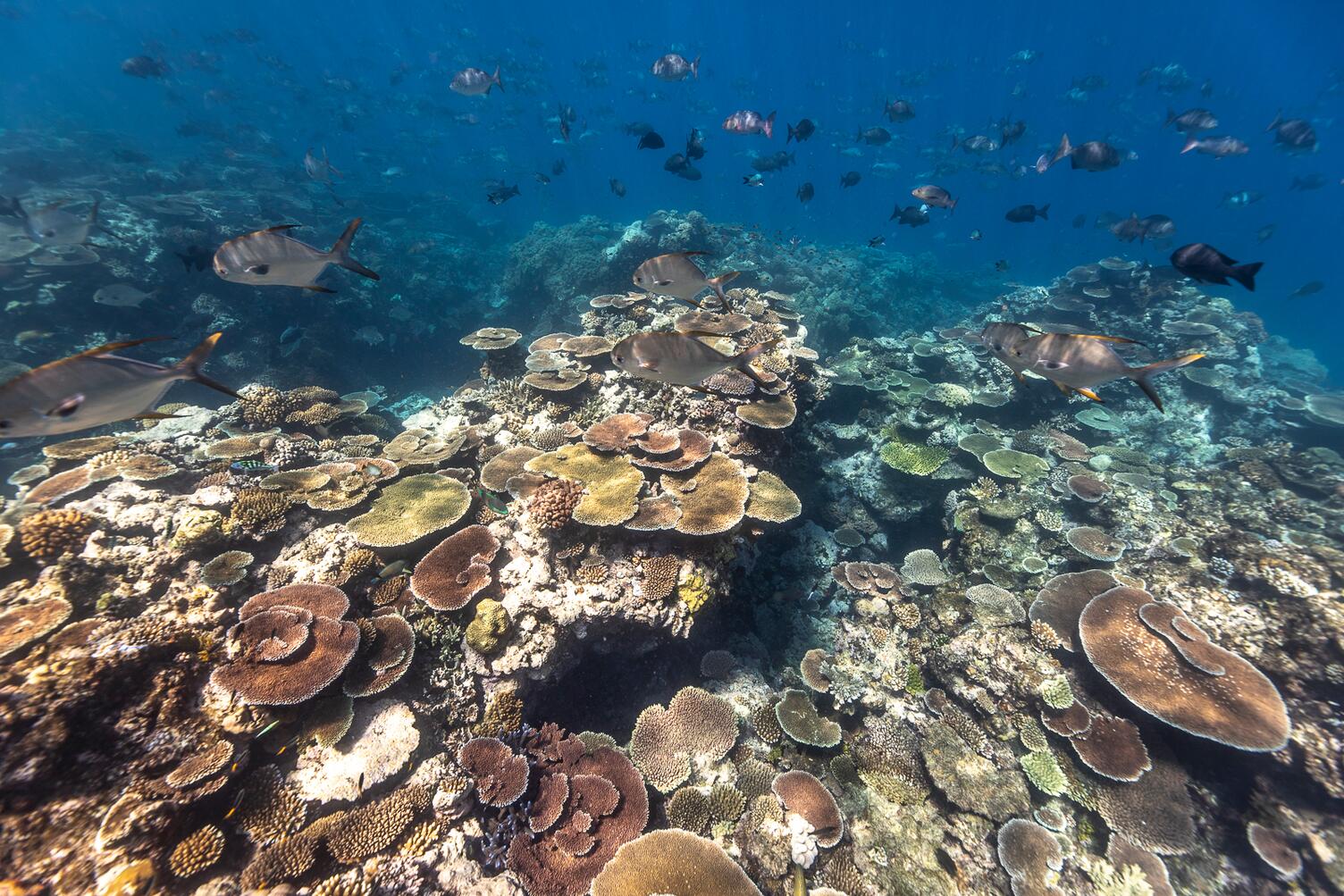
Ancient Coral Samples Show Reef Almost 'Drowned'
It may sound strange, but ancient coral samples recovered from the Great Barrier Reef have shown that it once came perilously close to extinction. New research into the history of the UNESCO World Heritage wonder shows that the reef almost 'drowned' in the Last Interglacial, an ancient period which followed the second last ice age. Water was inundating coastlines around the world as ice sheets melted - a nearly fatal event for the Great Barrier Reef.
Scientists made the discovery after collecting and analysing core samples from an ancient coral reef. In good news for the reef, the scientific report predicts the reef could survive a similar rise in the sea level - an event which is currently forecasted for the reef. Part of an international team examining these ancient samples, University of Sydney marine geologist Dr Belinda Dechnik has warned that sediment and ocean acidification were additional threats the reef is facing.
However the discovery is reassuring for scientists and visitors to the Great Barrier Reef. University of Sydney Associate Professor Jody Webster says the study shows the reef is resilient and provides a measure on what the reef can cope with, adding that the modern reef is in a position to be able to keep pace with the expected rates of sea level rise. Dr Dechnik said the study has highlighted what a resilient species the Great Barrier Reef is and that is the right measures are taken it will continue to be around for generations to come.
For Great Barrier Reef tours operators, this is good news. Not simply because their livelihoods rely on the health and longevity of the reef but for many, because it was the love of the reef that got them into the business in the first place.

(25th January 2017)
